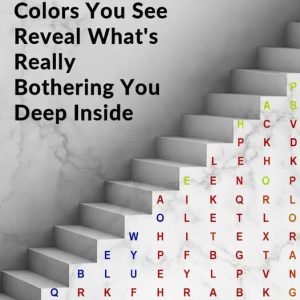The “six-seven” trend on TikTok has rapidly gained traction, confusing many adults who assume it carries a hidden meaning or coded message. In reality, the phrase is intentionally meaningless. Its popularity comes from its randomness, which appeals to younger users who favor chaotic, context-free humor over traditional punchlines. Because “six-seven” has no specific implication, anyone can participate in the trend without background knowledge, making it highly accessible and easy to remix across different types of content.
The origin of the phenomenon traces back to a minor lyric in Skrilla’s December 2024 song Doot Doot, where he raps, “6-7, I just bipped right on the highway.” The line was not meant to be significant, but once the song’s audio was uploaded to TikTok, users quickly adopted the punchy phrase. Its quick rhythm made it ideal for exaggerated comedic delivery, which encouraged creators to use it in diverse contexts. Within weeks, millions of videos were using the sound in reaction clips, skits, and absurd edits, solidifying it as a viral staple.
As the trend expanded, it began appearing in schools. Teachers noticed students shouting “six-seven!” during class, sometimes using dramatic gestures for comedic effect. In younger grades, children even responded to math questions with the phrase, turning it into a playful but occasionally disruptive chant. Although most educators view the behavior as harmless, some have reminded students to keep such jokes to appropriate times, illustrating the challenges teachers face as online humor regularly spills into everyday interactions.
Ultimately, the “six-seven” trend exemplifies modern meme culture’s embrace of absurdity and spontaneity. Rather than relying on references or meaningful content, many viral sounds succeed precisely because they lack context. The rise of “six-seven” shows how digital communities can transform a trivial audio snippet into a massive shared joke—one that thrives on unpredictability, simplicity, and collective participation.




